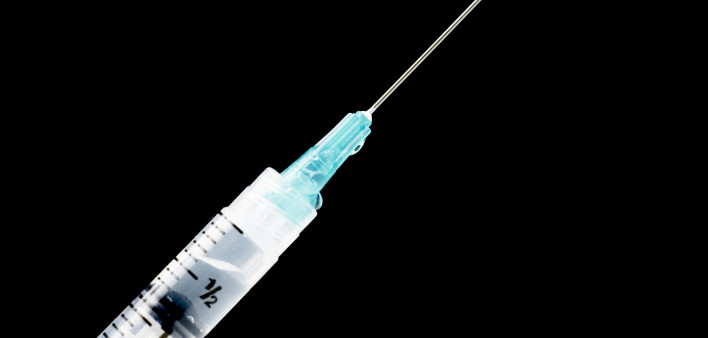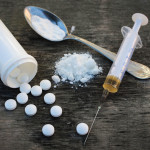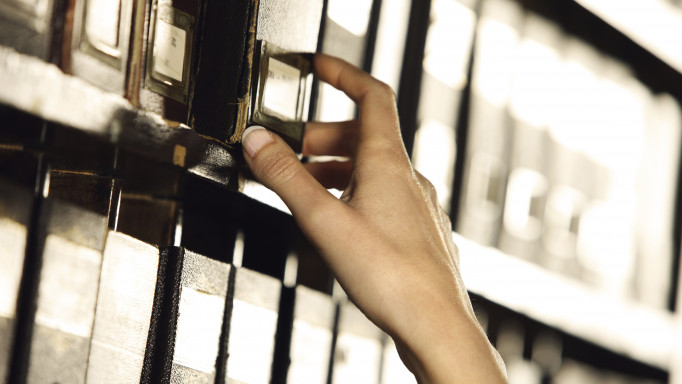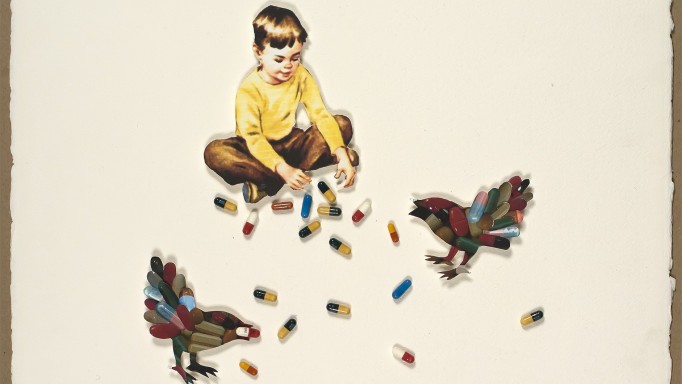If you’re shooting drugs, there are some basic steps you can follow to protect yourself from HIV and HCV. If you’re infected with either of these viruses, the same steps should be followed to help prevent the spread of these infections to others.
Use new needles and equipment. The most effective way to prevent infection with HIV and HCV is to use a new syringe and sterile equipment-including cotton, filters, caps, spoons, cookers and alcohol swabs-every time you prepare your hit. Pharmacies in several states now allow people to buy new syringes without a prescription. There are also syringe exchange programs—organizations that collect used needles and shooting paraphernalia in exchange for new syringes and equipment. There are nearly 200 syringe exchange programs operating in 33 states, Puerto Rico and Washington, DC. To learn more about these programs, visit the Harm Reduction Coalition.
Clean your syringes and works. If you don’t have access to new, sterile needles, it is important to clean your (or someone else’s) syringe with bleach and clean water before sharing it. To do this, draw water into the syringe and tap it to loosen any blood. Shoot the water out of the syringe, through the needle, and repeat until the water runs clear. Then draw bleach up into the syringe, let it sit for at least 30 seconds, and then shoot it out (the cooker should be soaked in bleach as well). Rinse the syringe with clean water. While this cleansing method helps to kill HIV, it is not known how well it reduces the risk of transmitting HCV and hepatitis B virus (HBV), viruses that are harder to kill.
Don’t share needles and equipment. Avoid sharing, lending or borrowing syringes, needles or works. What’s more, you shouldn’t handle or hold other people’s works, and don’t let them touch yours—shoot your own drugs.
Last Reviewed: January 5, 2023














